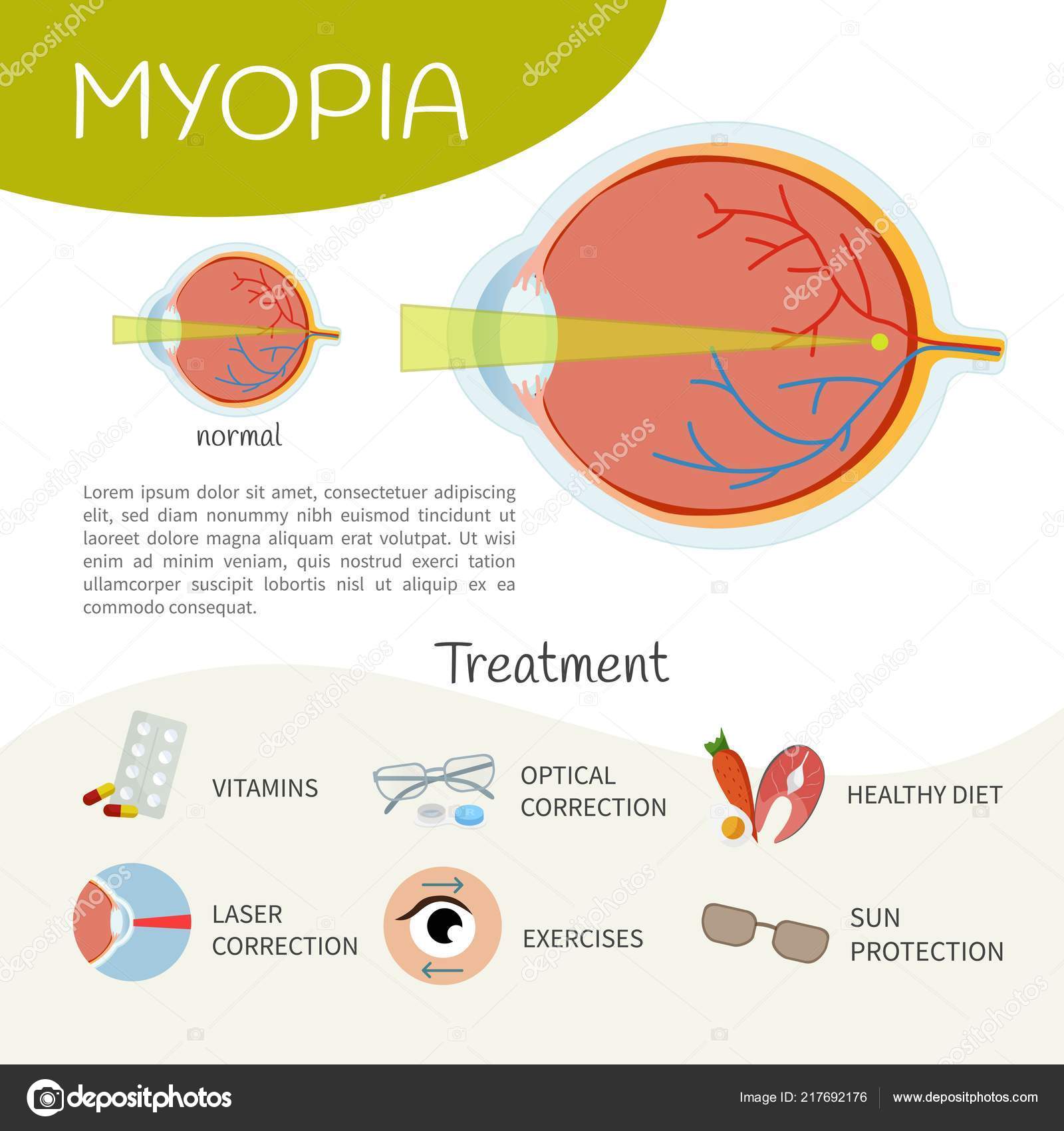Interested In Refractive Lens Exchange? Discover Essential Information And Answers That May Change Your Vision Experience
Interested In Refractive Lens Exchange? Discover Essential Information And Answers That May Change Your Vision Experience
Blog Article
Writer-Blanton Lorentzen
If you're thinking about refractive lens exchange, you probably have a lot of inquiries. This treatment might change just how you see the world, providing advantages like decreased dependancy on glasses. However, it's important to comprehend the procedure, dangers, and that qualifies as a good candidate. Allow's discover these important elements so you can make an informed decision about whether RLE is right for you.
What Is Refractive Lens Exchange and Exactly How Does It Work?
Refractive lens exchange (RLE) is an operation created to change your eye's natural lens with a synthetic one, dealing with vision concerns like nearsightedness, farsightedness, or presbyopia.
During the treatment, your specialist makes a little incision in the eye, eliminates your all-natural lens, and inserts an intraocular lens (IOL) tailored to your vision needs. How Much Is Laser Eye Surgery takes around 15 to thirty minutes per eye and is performed under neighborhood anesthesia.
You'll likely see enhancements in your vision practically immediately, though complete healing might take a few weeks. RLE is specifically helpful for those over 40 or with high prescriptions, offering a durable solution contrasted to glasses or contact lenses.
Your eye care specialist can assist figure out if RLE is right for you.
What Are the Perks and Dangers of Refractive Lens Exchange?
Choosing refractive lens exchange can cause considerable improvements in your vision, but it's important to evaluate both the advantages and dangers prior to deciding.
On the bonus side, this treatment can boost your eyesight by correcting issues like presbyopia, nearsightedness, and hyperopia. Many patients delight in lowered reliance on glasses or contact lenses, which can considerably enhance their quality of life.
Nonetheless, it's critical to take into consideration potential risks. Problems can include infection, glare, or halos around lights.
There's likewise additional resources of overcorrection or undercorrection, which might need extra treatments.
That Is an Ideal Candidate for Refractive Lens Exchange?
If you're taking into consideration refractive lens exchange, it is very important to recognize whether you fit the profile of an ideal candidate. Usually, you might be a great candidate if you more than 40, experience presbyopia, or have high degrees of nearsightedness or farsightedness.
It's additionally vital that your vision is steady, meaning your prescription hasn't transformed considerably in the past year. If Related Web Page have cataracts or various other eye problems, you could benefit from this treatment as well.
Nonetheless, certain variables, like uncontrolled diabetic issues or autoimmune illness, can disqualify you. To identify your candidacy, seek advice from an eye treatment expert who can examine your specific situation and recommend the very best course of action tailored to your demands.
Final thought
In conclusion, refractive lens exchange can be a transformative choice for boosting your vision, particularly if you're over 40 or have a high prescription. While the advantages are significant, it's important to consider the threats and seek advice from your eye care expert to identify if you're an ideal candidate. With the appropriate information and assistance, you can make an informed decision and perhaps enjoy a life with reduced dependancy on glasses.
